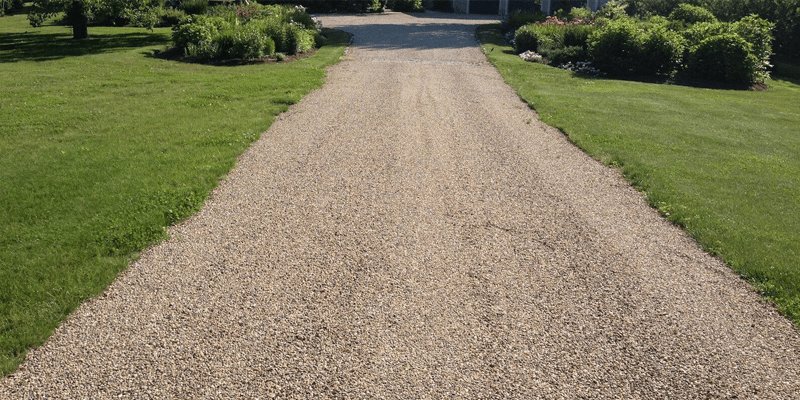If you’re like most people, your driveway is one of the first things you see when you pull up to your home. And just like your home’s exterior, your driveway needs regular maintenance to keep it looking its best. One common driveway maintenance solution is chip seal. However, many are unfamiliar with chip seals and what to look for when their driveway needs them.
This article will discuss what chip seal is, why chip seal is an excellent driveway solution, and the top warning signs that show a driveway needs a chip seal. You’ll also learn why hiring a licensed professional is the best choice and read some frequently asked questions and answers about chip seal.
What is Chip Seal?
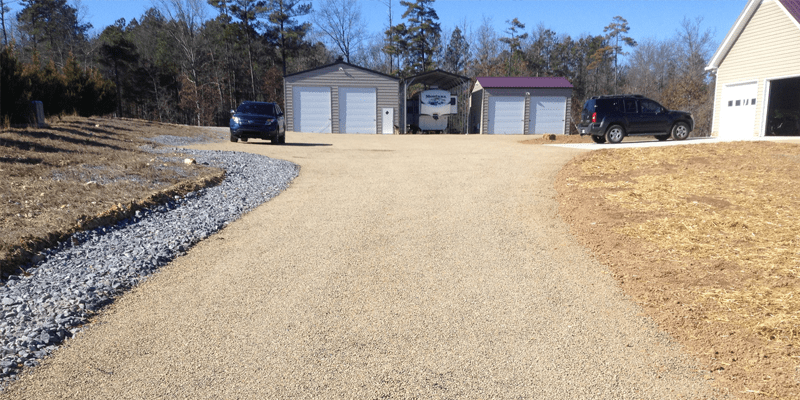
Chip seal, also known as pavement sealant, is a type of asphalt surface treatment that is used to seal and protect the asphalt surface. It is a mixture of asphalt cement, fine aggregate, and liquid asphalt emulsion. The aggregate can be either crushed stone or gravel.
Chip seals are applied in two coats – the first coat, called the priming coat, is composed of a very thin layer of asphalt cement and mineral aggregate. The second coat, called the sealing coat, is a thicker layer that contains more asphalt cement and larger aggregate.
The primary purpose of chip seals is to extend the life of the asphalt surface by protecting it from weathering and ultraviolet (UV) radiation. It also seals minor cracks and fills pores in the pavement, which makes it less susceptible to water penetration and staining.
Why Chip Seal is an Excellent Driveway Solution
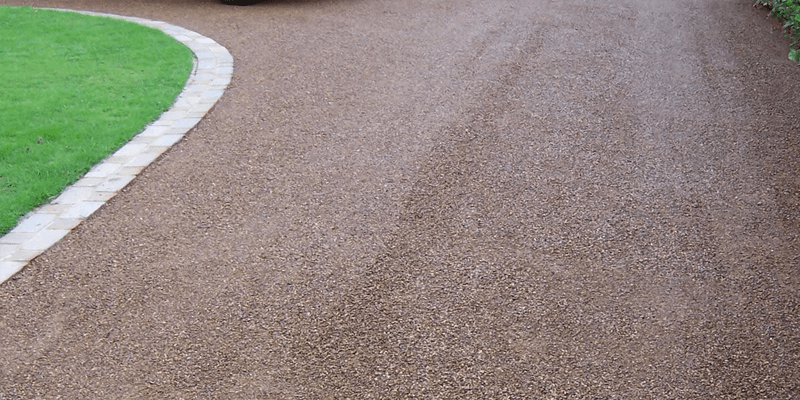
Chip seal is an excellent driveway solution for a number of reasons:
- It’s affordable – Chip seal is one of the most affordable driveway solutions available.
- It’s durable – Chip seals can withstand years of use and weathering without fading or cracking.
- It’s easy to maintain – Once it’s applied, the chip seal requires very little maintenance. All you need to do is sweep it occasionally to keep it looking clean and neat.
- It’s environmentally friendly – Chip seals are made with recycled materials and do not produce any harmful emissions.
Consider the Drawbacks of Chip Seal
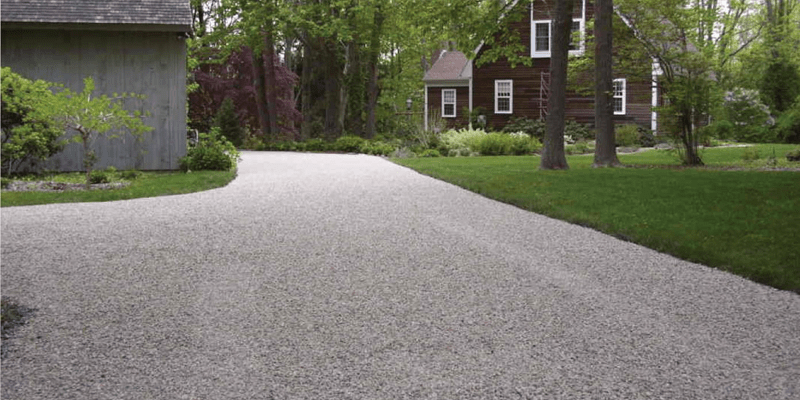
There are a few drawbacks to consider before opting for chip seal:
- It can be messy – Applying chip seal can be a messy process, so you’ll need to make sure you have adequate space to do it.
- It takes time to dry – The sealing coat needs time to dry before you can drive on it, so you’ll need to plan ahead and avoid using the driveway during the installation process.
- It’s not as aesthetically pleasing as other driveway solutions – Chip seal is not as smooth or glossy as some other driveway solutions, but it will protect your asphalt from wear and tear.
Top Warning Signs that Your Driveway Needs Chip Seal

There are a few warning signs that can indicate your driveway needs chip seal:
- The surface is cracked or damaged – The most obvious sign that your driveway needs chip seal is if the surface is cracked or damaged.
- The surface is porous and absorbs water – If the surface of your driveway absorbs water, it’s likely because the pores in the asphalt have been filled with dirt and debris. Chip seals can help to fix this issue.
- There are oil or gasoline stains on the driveway – If you see oil or gasoline stains on your driveway, it’s likely because the asphalt has been damaged and is no longer able to protect it from spills.
- The driveway is starting to fade – If the black color of your asphalt starts to fade, it’s a sign that the surface is wearing down and needs protection.
- The driveway is slippery when it rains – If the driveway is slippery when it rains, it’s likely because of a build-up of oil and dirt. Chip seals can help to remove this build-up.
Hiring a Licensed Professional is the Best Choice
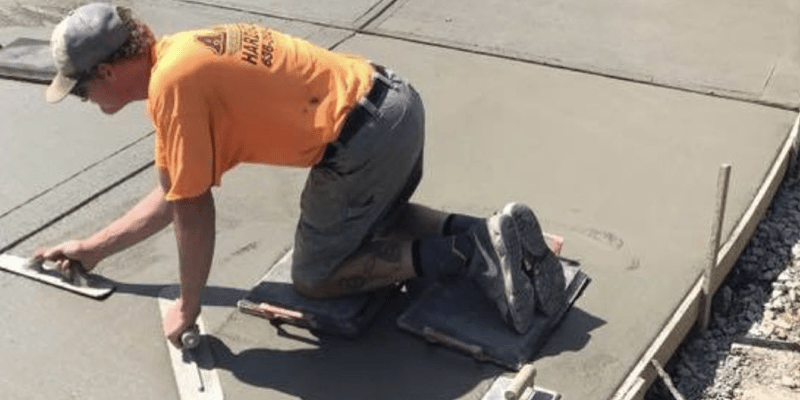
When it comes to driveway maintenance, hiring a licensed professional is always the best choice. Professionals have the experience and knowledge to ensure the job is done correctly and will last for years. You should never attempt to seal your driveway on your own, as this can lead to serious damage and problems down the road. If you’re unsure whether or not your driveway needs chip seal, contact a professional for advice.
FAQs About Chip Seal
Q: How Should I Prepare for the Chip Seal Application?
A: Prior to the installation date, you should remove all parked cars from the driveway, as well as any objects that could get in the way of the sealant. You should also sweep the surface clean to remove any dirt or debris.
Q: How Long Does it Take for a Chip Seal to Dry?
A: The sealing coat needs time to dry before you can drive on it, so you’ll need to plan ahead and avoid using the driveway during the installation process. It usually takes about 24 hours for the sealant to fully dry.
Q: Can I Use My Driveway Immediately After Chip Seal is Applied?
A: No – you should avoid using your driveway for at least 24 hours after chip seal is applied. During this time, the sealant will be drying and setting. Driving on it before it’s fully dry could cause damage to the surface.
Q: Is Chip Seal a Permanent Solution?
A: No – chip seal is not a permanent solution and will need to be reapplied every few years. This will depend on how often the driveway is used and how well it’s maintained.
Q: How Much Does Chip Seal Cost?
A: The cost of chip seal varies depending on the size of the driveway and the contractor you choose. If you have any specific questions, be sure to ask to speak with one of our expert contractors.
Chip seal is a driveway solution that consists of a layer of asphalt and a layer of gravel. The asphalt seals the driveway and protects it from wear and tear, while the gravel helps to hold the asphalt in place. Chip seals are an excellent choice for driveways that need repair, as they can fix surface cracks and damage. It’s also a cost-effective solution, as it costs less than other driveway solutions such as paving or concrete.
If you are looking for a free estimate on chip seal for your driveway, reach out to our team today.

